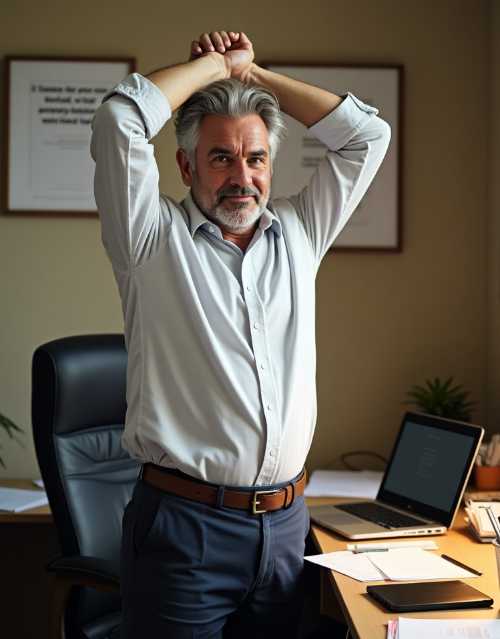The Emotional Side of BPH:
Embarrassment, Sleep Loss, and Frustration
Benign prostatic hyperplasia (BPH) is often described in terms of physical symptoms: frequent urination, weak stream, and the dreaded nighttime urgency. But for many men, the emotional effects are just as real—and sometimes more difficult to talk about. Embarrassment in public, anxiety about finding a restroom, interrupted sleep, and a quiet frustration with aging itself all take a toll over time.
One of the most common emotional struggles tied to BPH is sleep disturbance. Waking up two, three, or even four times a night can quickly lead to fatigue, irritability, and cognitive fog. Over weeks or months, this loss of deep rest affects not only the body but also mood and mental resilience. Some men become short-tempered or withdrawn, unsure whether to talk about the issue or simply endure it in silence.
Public situations can add another layer of stress. Long car rides, meetings, or travel become sources of worry. Men may find themselves scanning for restrooms or avoiding certain social situations altogether. This quiet vigilance leads to a kind of emotional restriction—not unlike the physical narrowing that BPH causes in the urethra. Many suffer in silence, feeling that it’s just part of growing older or something not worth mentioning to friends or even their doctor.
Traditional Chinese Medicine (TCM) offers a broader view. In TCM, the Kidney system governs not only the bladder and reproductive organs, but also fear and willpower. When Kidney Qi weakens, a person may experience both physical and emotional vulnerability. At the same time, the Heart houses the spirit (shén 神), and when sleep is disrupted, emotional clarity and peace of mind are often the first to suffer. This mind-body connection means that addressing BPH should involve both physical and emotional support.
Gentle self-care practices like qigong, quiet evening walks, and calming teas can help restore a sense of control. Acupuncture and herbal formulas not only support urinary function but can also calm the spirit and ease frustration. Herbs like suān zǎo rén (Ziziphus seed) and fú shén (Poria with root) are often used to promote restful sleep and emotional balance. Simple dietary adjustments—reducing stimulants like caffeine and alcohol—can also support more stable moods by minimizing bladder irritation and reducing nighttime waking.
Talking about the emotional side of BPH is equally important. Men benefit from open conversations with practitioners, partners, or friends who understand the experience without judgment. What may seem like a small annoyance on paper can affect self-confidence, sleep quality, and peace of mind. Validating these concerns is a first step toward reclaiming agency and comfort.
Ultimately, BPH is more than a physical condition. It is a challenge that asks for awareness, adaptation, and compassion, from both within and without. Acknowledging the emotional dimension allows for a more complete response—one that sees the whole person, not just the symptom.


